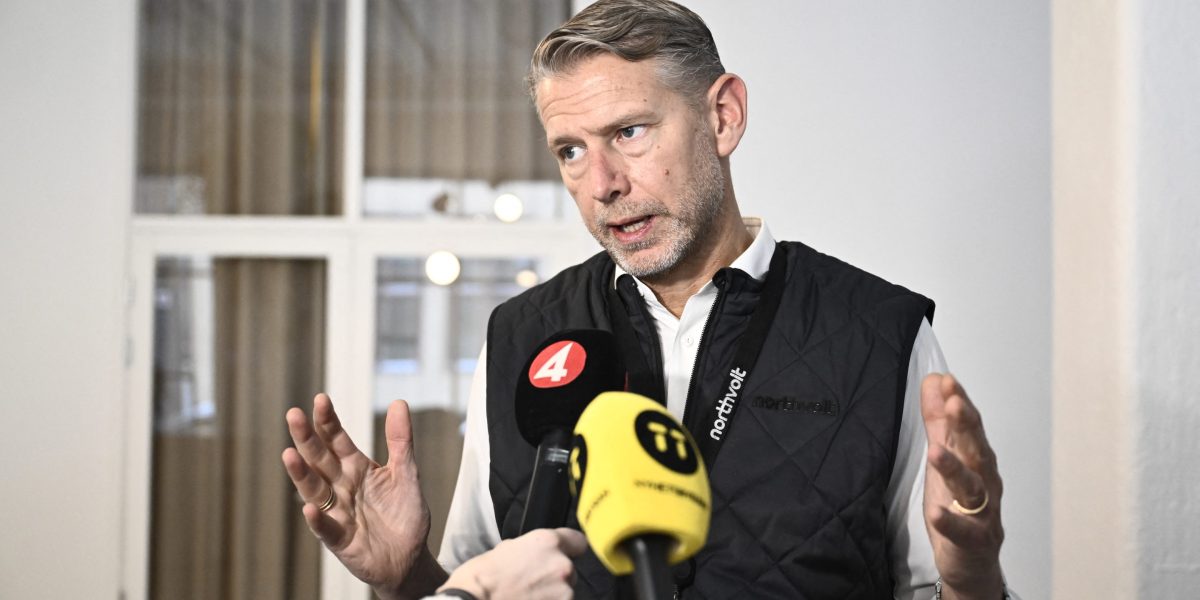Sweden’s financially-strained electric car battery maker Northvolt announced Friday the resignation of its CEO Peter Carlsson, hours after the company sought bankruptcy protection in the US while it reorganises its business.
Carlsson, who co-founded Northvolt and has led it since its inception in 2016, will “step aside from his role as CEO”, the company said in a statement, adding that the search for a new chief executive was under way.
Northvolt announced Thursday that it had applied for Chapter 11 bankruptcy protection in the United States to enable it to restructure its debt and reorganise its business.
The filing gave it access to “approximately $145 million in cash collateral”, it said, while Swedish truckmaker Scania, one of Northvolt’s top customers, pledged $100 million in new financing.
In its US filings, the battery maker said it had debts of $5.84 billion and just $30 million in available cash.
“The current financing will get us through the beginning of next year, and we need to capitalise further but I am confident that we will be able to do that,” Carlsson told reporters at a press conference.
“It is very possible that those who are financing this process now will also be part of that recapitalisation process.”
Northvolt said its operations would continue as normal during the reorganisation, which it expects to conclude in the first quarter of 2025.
No state aid
The company said in September it was slashing 1,600 jobs — a quarter of its staff — and suspending the expansion of its site as it struggled with strained finances and a slowdown in demand.
Plagued by production delays, Northvolt said it needed to focus on its “core business”, prioritising battery cell production over other parts of the production chain — such as cathode production and recycling.
The company has been seen as a cornerstone of European attempts to catch up with China and the United States in the production of battery cells, a crucial component of lower-emission cars.
Europe accounts for just three percent of global battery cell production, but has set its sights on 25 percent of the market by the end of the decade.
The battery maker has been plagued by production delays, which in May led car manufacturer BMW to drop an order worth 2 billion euros ($2.2 billion).
Despite the strategic importance of electric batteries for the green transition, the Swedish government has insisted it will not come to the group’s financial rescue.
“I hope that Chapter 11 proceedings provide the opportunity to find a long-term solution for the company. The government continues to support a viable battery industry and the green transition,” Swedish Energy, Business and Industry Minister Ebba Busch wrote on X on Friday.
